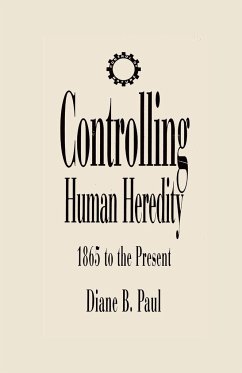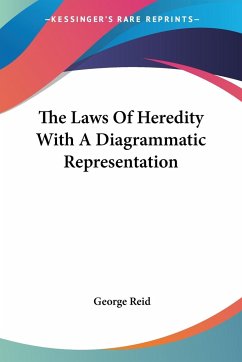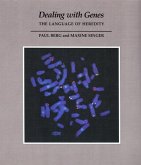In the late nineteenth and the early twentieth century, it was widely assumed that society ought to foster the breeding of those who possessed favorable traits and discourage the breeding of those who did not. Controlled human breeding, or "eugenics" as it was called, was a movement with broad support that lasted into the 1930s. In this concise historical account, the author answers the questions of why eugenics, the search for means to propagate only "good genes," was so attractive earlier in the twentieth century, why it then fell into disrepute, and whether it has returned today in the new guise of genetic counseling.






![Heredity in Relation to Eugenics [electronic Resource] Heredity in Relation to Eugenics [electronic Resource]](https://bilder.buecher.de/produkte/64/64527/64527808m.jpg)

